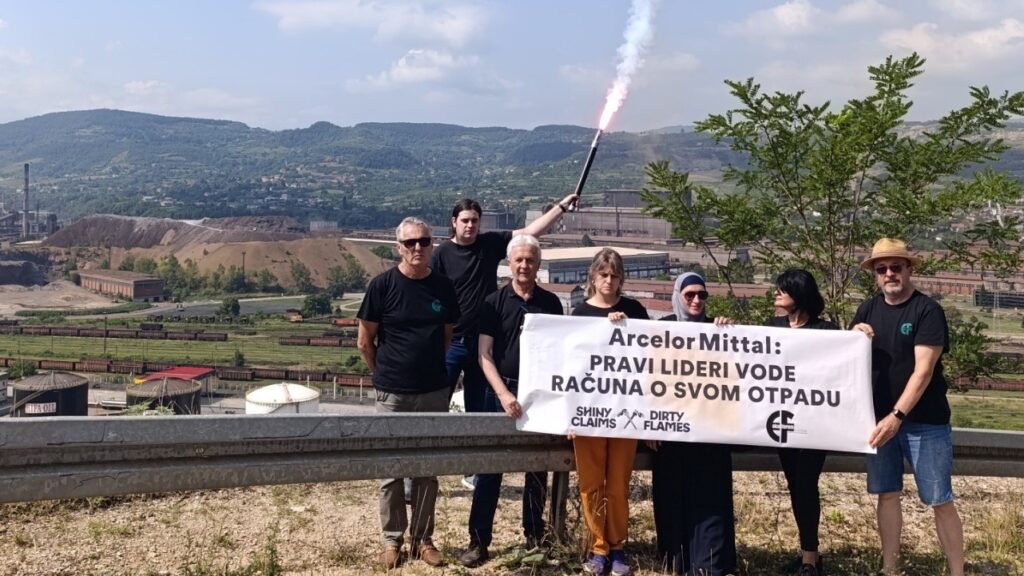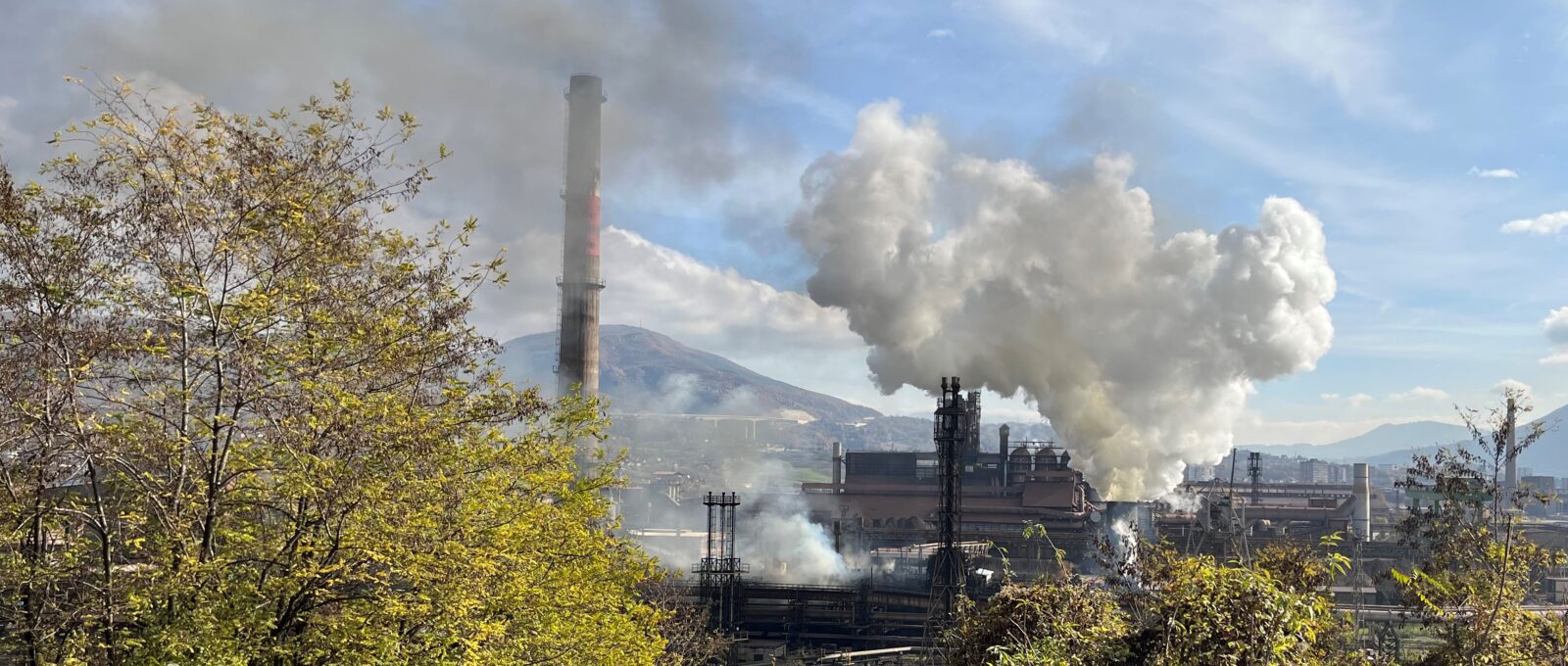The long black smoke rising from the chimneys of the Zenica steelworks, built at the end of the 19th century, is part of everyday life for inhabitants. They themselves know very well that Bosnia and Herzegovina is one of the countries in Europe most affected by air pollution. It is the country with the highest number of deaths from air pollution in Europe, and the fifth highest in the world.

Despite early promises of decarbonisation, operations in Zenica have continued for years without substantial action to reduce pollution and emissions from the plant. With no filters on the coking plant, toxic substances like benzene and benzo[a]pyrene were released into the air for decades, both of which can cause cancer and leukaemia. There have been numerous analyses, and the results are always conclusive: whether it is air quality – where recent testings showed dangerous chemicals in the air exceeding the legal norms by 50 to 250 times – or analysis of the nearby Bosna River – with PAH levels 910 times higher than the legal norm – legal pollution standards are regularly broken by a wide margin. In addition, millions of tonnes of industrial and, in some cases, toxic waste are illegally dumped in the landfill and inside the factory.
Samir Lemes of Eko-Forum Zenica, says: “ArcelorMittal is a global leader in steel production, but it exploits the weakness of institutions in Bosnia and Herzegovina to pollute the air, water and soil with impunity. Modern, clean technologies are reserved only for rich countries, while developing countries are condemned to endure outdated and the dirtiest steel production technology. We do not want the steelworks to be shut down. Our goal is to achieve a better environment and access to information. Compliance with the national law and using modern technologies to protect citizens’ health should be unquestionable”.
Even though the coking plant was closed in 2024 following citizen mobilisations, remaining plants still operate with poor filtration – yet the impact on lives and ecosystems of decades of pollution, with complete impunity, has left lasting scars. For decades, ArcelorMittal has caused unprecedented pollution in the Zenica Valley. In June, the company announced the sale of its Zenica plant to the Pavgord Group, with the deal expected to close in the third quarter of 2025.This cycle of impunity must end. ArcelorMittal must be held accountable for the damage it has caused. And if the sale goes ahead, it must include a binding condition: operations at the Zenica plant can no longer rely on fossil fuels and toxic substances.
Link to local organisation website:
